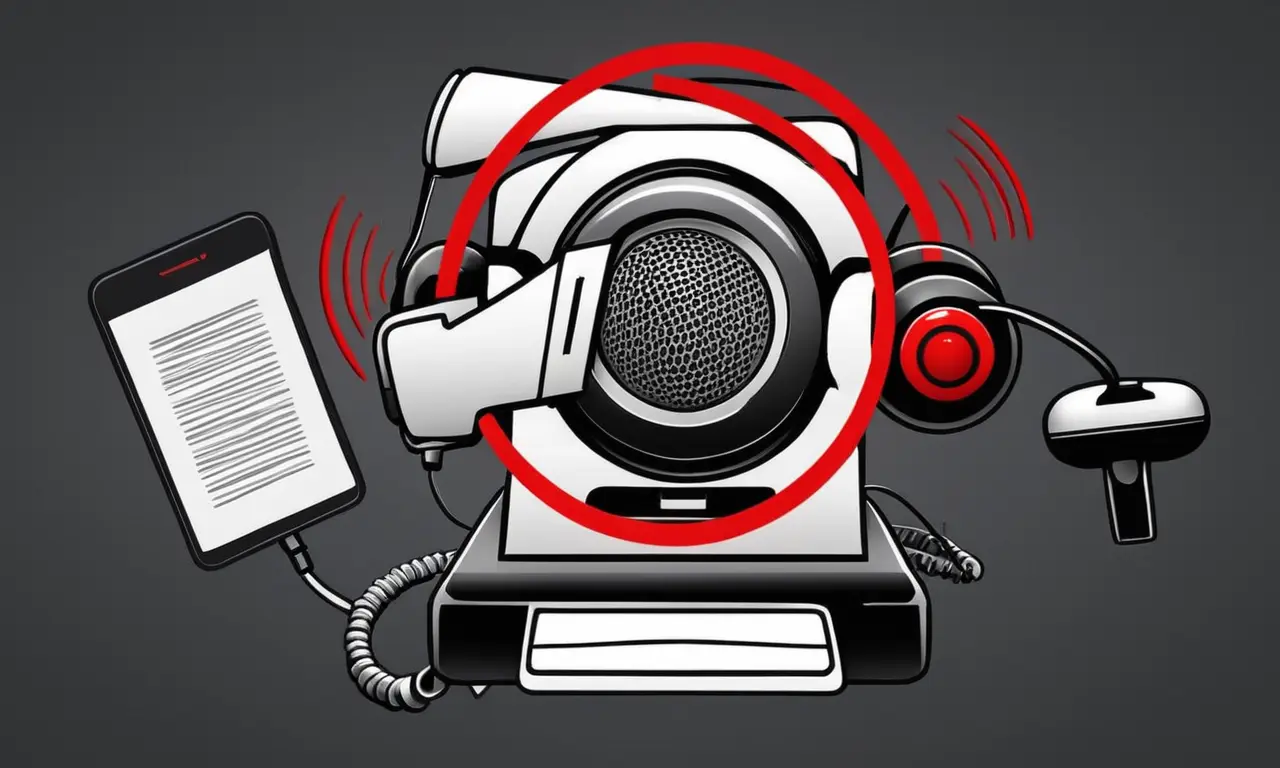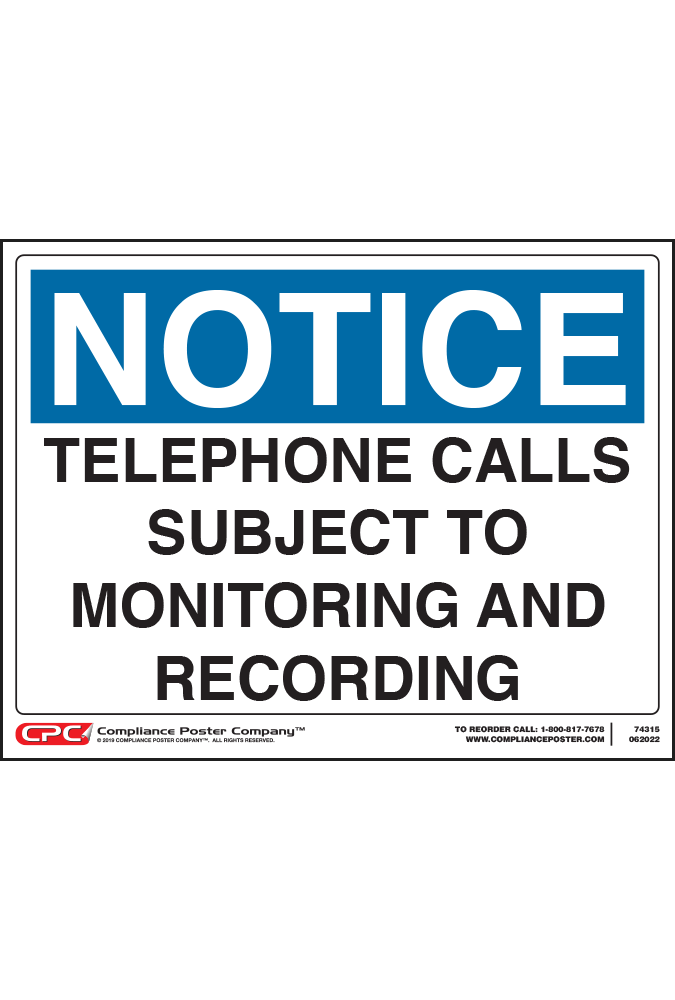In today’s digital age, communication is paramount. Businesses rely heavily on phone calls to connect with customers, partners, and employees. To ensure the highest quality of service and foster continuous improvement, many organizations implement phone call monitoring and recording practices. This article delves into the reasons behind these practices, outlining the benefits they offer while addressing legal considerations and ethical implications.
This article will explore the various aspects of phone call monitoring and recording, including the purposes behind these practices, the legal framework governing them, and the importance of transparency with customers. We’ll also discuss how these practices contribute to quality assurance, employee training, and overall business efficiency.
Phone Call Monitoring
Phone call monitoring refers to the practice of observing live phone conversations in real-time. This can involve listening to calls discreetly or using software that tracks key metrics such as call duration, customer sentiment, and agent performance. Monitoring allows supervisors and managers to provide immediate feedback to agents, identify areas for improvement, and ensure adherence to company protocols.
Real-time monitoring can be particularly valuable during high-pressure situations, such as handling escalated customer complaints or resolving complex technical issues. It enables supervisors to step in and offer guidance when necessary, ensuring a smooth and efficient resolution. Furthermore, monitoring calls allows businesses to identify patterns in customer interactions, providing insights into common concerns, frequently asked questions, and areas where training may be needed.
Recording Notice

Recording phone calls involves capturing audio of conversations for later review. This practice is often implemented alongside monitoring, providing a permanent record of interactions for various purposes. Businesses are legally obligated to inform callers this call may be monitored or recorded before the conversation begins.
This notice ensures transparency and allows customers to make informed decisions about sharing information over the phone. It also helps protect businesses from potential legal disputes by demonstrating that they have taken steps to comply with recording regulations. The recording notice should be clear, concise, and easily understood by callers.
Quality Assurance
Phone call recordings are invaluable tools for quality assurance. They allow supervisors to evaluate agent performance objectively, identify areas of strength and weakness, and provide targeted feedback for improvement. Recordings can be used to assess adherence to scripts, customer service skills, product knowledge, and overall professionalism.
By reviewing calls, businesses can ensure that agents are consistently delivering high-quality interactions that meet customer expectations. This helps maintain a positive brand image and fosters customer loyalty. Furthermore, recordings can be used to identify trends in customer feedback and areas where training programs need to be updated or enhanced.
Training Purposes

Phone call recordings play a crucial role in employee training. New agents can benefit from listening to experienced colleagues handling various scenarios, learning best practices, and understanding how to effectively address customer needs. Recordings provide a valuable resource for ongoing training and development, allowing agents to refine their skills and stay up-to-date on company policies and procedures.
Supervisors can use recordings to demonstrate effective communication techniques, conflict resolution strategies, and product knowledge. They can also identify areas where agents need additional support or guidance. By providing access to recorded calls, businesses create a learning environment that fosters continuous improvement and professional growth.
Legal Compliance
Phone call monitoring and recording practices must comply with applicable laws and regulations. These vary depending on the jurisdiction and type of business. In many countries, it is legal to monitor and record phone calls as long as all parties are informed this call may be monitored or recorded before the conversation begins.
Businesses should consult with legal counsel to ensure their practices adhere to local laws and obtain any necessary consent from customers. It’s important to establish clear policies regarding call monitoring and recording, outlining the purposes behind these practices, the types of calls that are monitored, and how recordings are stored and used.
Conclusion
Phone call monitoring and recording are valuable tools for businesses seeking to enhance customer service, improve employee performance, and ensure legal compliance. By implementing these practices responsibly and transparently, organizations can create a more efficient and effective communication environment while protecting their interests and respecting customer privacy.
Remember, clear communication with customers about this call may be monitored or recorded is essential for building trust and maintaining ethical business practices.



